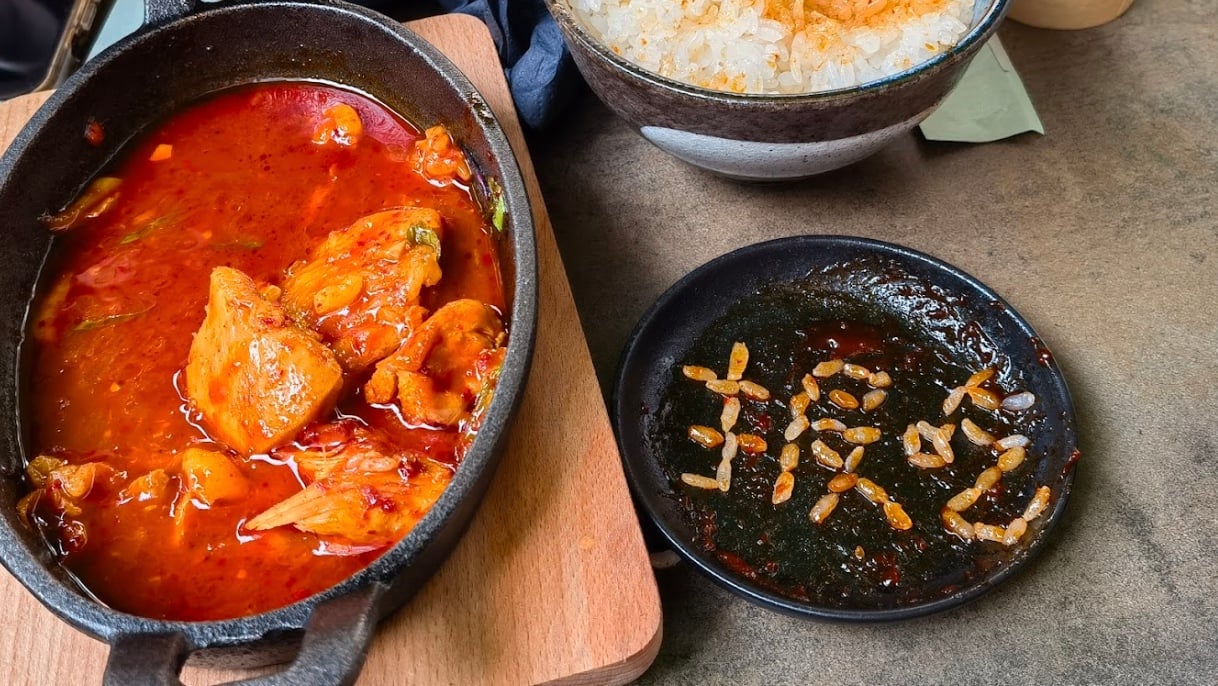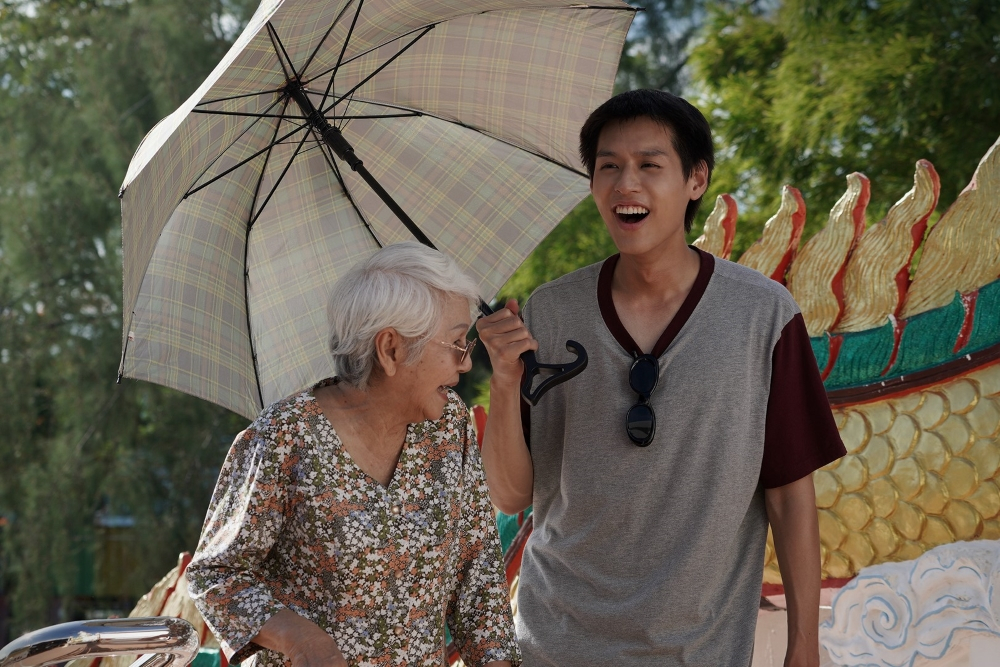Young people in China are having fewer and fewer babies, and as a result, the country is experiencing its first population decline in six decades. But then what’s with all the parenting tips flooding Instagram-like app Xiaohongshu?
The answer is simple: all the ‘babies’ in question are $19.99 stuffed monkeys from IKEA.

“Ever since we got this monkey, wherever my husband goes, the monkey goes, too,” one post reads, “He even gets his own seat in the car.”
Many monkey parents go even further — posting edited ultrasounds with their monkeys, dressing them in baby clothes, taking them on vacation, hosting playdates, or even throwing birthday parties.

Since the IKEA monkey began trending, in June, the related Xiaohongshu tag (#宜家猩猩) has garnered over 11 million views, and the top posts have tens of thousands of likes each.
“It’s late at night, and my monkey is still playing on his phone,” one user posted. “Does he prefer Huawei or Apple?” asked a commenter.
Another post shows a monkey about to eat a plate of spaghetti, accompanied by the caption: “I brought my monkey son to eat dinner, and he insisted on taking a selfie.”

The trend is both something of an inside joke, as well as a statement about the difficulties of having children in today’s China. Urban 20- and 30-somethings are generally embracing being single and childless — at the same time, they worry about eventually starting a family, in an economy that’s hampered by rising living costs, long working hours (such as ‘996’), and high unemployment rates. Last year, China’s birth rate dropped to a record low of 6.77 births per 1,000 people, far below the world average.
Stuffed animals, then, are satisfying a certain desire for companionship, just as traditional pets do. The pet economy has exploded in the last decade — between 2010 and 2016, pets were the fastest-growing consumer good in China. Pet owners also skew younger, with nearly 50% of all pet owners in the country being born after 1990.

“Who’s going to take care of you when you’re old, if you don’t have children?” reads a popular meme.
“My monkey child,” it answers.
Though it’s not necessarily meant to be taken seriously, the meme — and the general passion for stuffed monkeys — may be a symbol of younger generations’ nihilistic approach to the future. Especially because it comes on the heels of the ‘lying flat’ and ‘let it rot’ movements, which also involve young people giving up on traditional expectations.
All images via Xiaohongshu



















